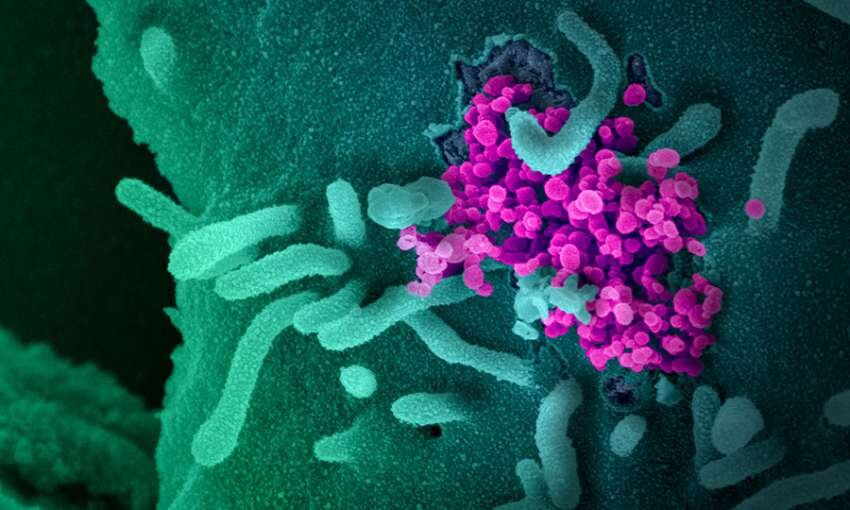Mysterious Ways
Mysterious Ways: Our behaviour in the wake of COVID-19
"Don't panic!"- The Hitchhiker's Guide to the Galaxy
I've decided to usee the current pandemic as an opportunity to break bad habits. For example, the habit of touching my face. I've joked with friends that I'm going to invent a new drinking game to change my behaviour. Every time I catch myself touching my face I'll take a drink. I'll be passed out soon enough as a result and - voilà! - habit broken.
Mood swings
The COVID-19 outbreak is unsettling. Few of us have experienced anything like it in our lifetime. Hollywood movies about zombie Apocalypses and killer diseases don't help to settle the nerves. Panic isn't productive either. When it comes to people's behaviour as of late, I've found myself see-sawing between anger and curiosity. Anger, because I believe the hoarding tendencies to be selfish and unnecessary. Curious, because I find human behaviour fascinating. People have been acting in mysterious ways. I live in Canada. We pride ourselves on pro-social behaviour. It's not 'every man for himself', it's 'we're all in this together'. So why hoard? What are we afraid of?I've also flip-flopped between frustration and indifference. People's buying habits have changed in the wake of the pandemic. If you didn't need it before, why are you buying it now? To spend money on items that will be used temporarily can be seen as supporting the economy (good) but also as excessive consumerism (bad). Having said that, I have no real reason to be frustrated. At the end of the day, what other people buy is none of my business. Whatever one needs to do to feel safe and secure is up to them as long as it doesn't affect the overall health of the population. Back to hoarding: masks belong in the hands of healthcare professionals.
Resources
One of the best ways to curb our anxiety about COVID-19 is to educate ourselves. Here are a few resources I've come across that you might find helpful. Some are downright nerdy which is awesomesauce:GIS for the win:
Coronavirus status world map by John Hopkins University.
If you love balls, you'll love the following piece. What's especially cool about its graphics is that the results are random. Every time you view a graphic their outputs change:
Why outbreaks like coronavirus spread exponentially, and how to "flatten the curve", by Harry Stevens for The Washington Post.
We're all thinking: how much distance is enough distance? "There is a general consensus that while young and healthy people who are at lower risk for personally suffering severe illness from the coronavirus don’t have to be locking themselves in their homes for the next month, they do need to dramatically alter their daily lives, starting now."
The Do's and Don'ts of 'Social Distancing', by Kaitlin Tiffany for The Atlantic.
Here are two resources to increase your chances of surviving a zombie apocalypse:
The Zombie Survival Guide and a National Geographic companion to the book.
Finally, here's a link to U2's Mysterious Ways on Spotify.I hope the above resources help during this tough time.Stay safe, healthy and responsibility connected,x KM---Illustration credit: Hub, John Hopkins University Magazine

